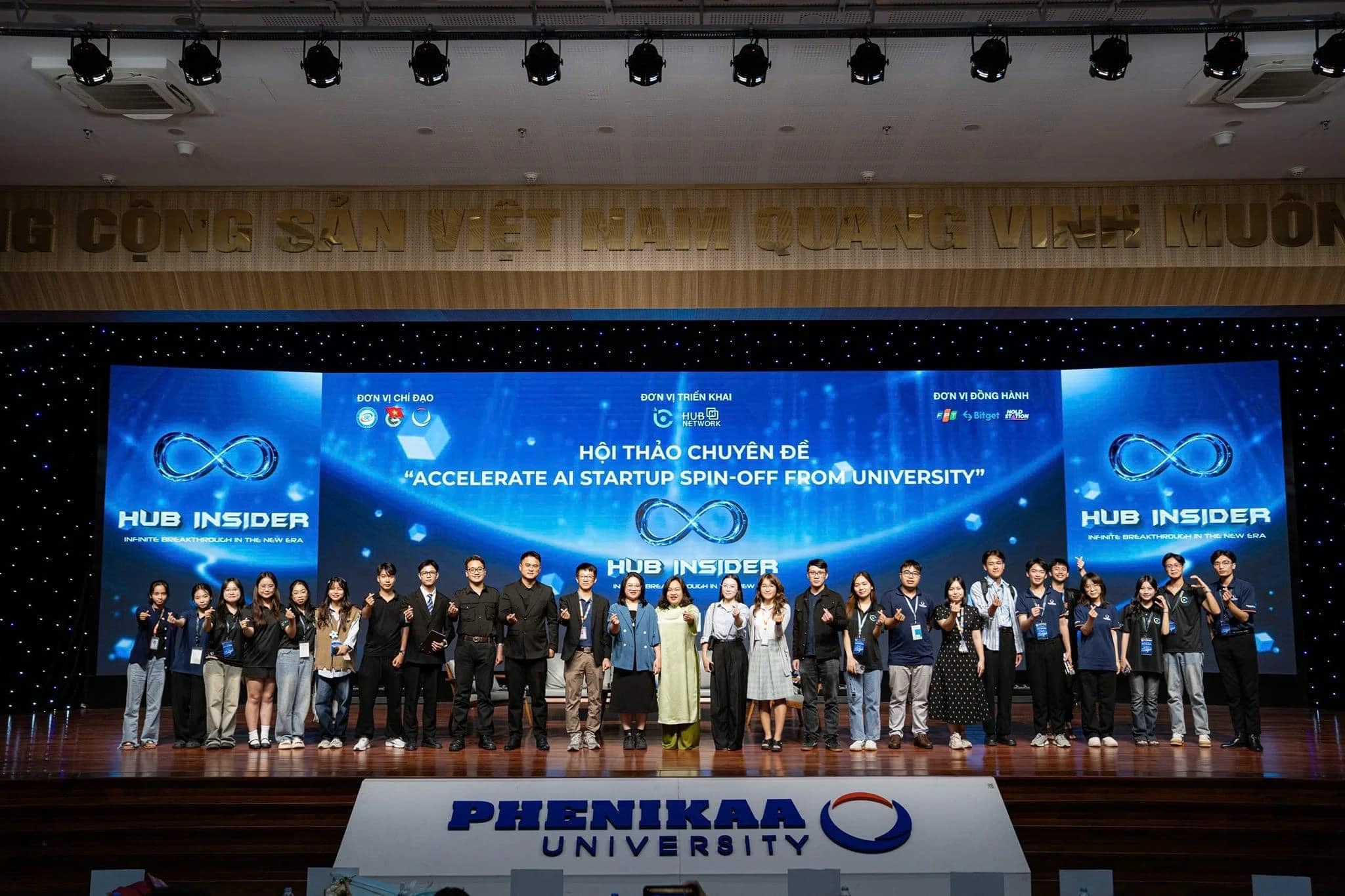The global trade environment has undergone significant transformation in recent years, creating unprecedented opportunities for emerging businesses. The digital revolution, coupled with evolving international trade agreements, has democratized access to global markets. According to the World Trade Organization (WTO), world merchandise trade volume is projected to grow by 3% in 2025, presenting a robust environment for business expansion.
Successful international trade largely depends on identifying and capitalizing on strategic market opportunities. Emerging markets in Southeast Asia and Latin America have shown particular promise, with GDP growth rates consistently outpacing developed economies. The Asian Development Bank (ADB) projects that Southeast Asian economies will grow by 4.7% in 2025, offering substantial opportunities for market entry.
The digital transformation of international trade has revolutionized how businesses connect with global markets. E-commerce platforms and digital trade facilitation measures have reduced traditional barriers to entry. The United Nations Conference on Trade and Development (UNCTAD) reported that global e-commerce sales reached $26.7 trillion in 2019, with significant growth continuing into subsequent years, reflecting a major shift in how international trade is conducted.
Navigating international trade regulations is essential for sustainable global expansion. The Regional Comprehensive Economic Partnership (RCEP) agreement, which entered into force in 2022, covers approximately 29% of global GDP, creating new pathways for cross-border trade. As these frameworks continue to evolve, businesses must stay informed to maximize their potential benefits. Understanding regulatory compliance is crucial to avoid potential legal barriers.
In addition to regulations, effective risk management strategies are crucial for sustainable international trade operations. This includes understanding currency fluctuations, geopolitical risks, and supply chain vulnerabilities. The International Chamber of Commerce (ICC) indicates that trade finance is a low-risk activity, with historical data showing default rates typically below 1%.
Environmental, Social, and Governance (ESG) considerations have become increasingly important in international trade. Companies that integrate sustainable practices into their trade operations often find themselves better positioned for long-term success. The World Economic Forum has noted a significant shift in consumer behavior towards sustainability, with many global consumers favoring sustainable options.
Moreover, advanced technologies like blockchain, artificial intelligence, and IoT are reshaping international trade operations. These technologies enhance transparency, reduce transaction costs, and improve supply chain efficiency. Studies suggest blockchain can significantly lower costs, with estimates ranging from 10-20% in various contexts.
Successful international trade often depends on establishing strong partnerships across borders. This includes relationships with local distributors, logistics providers, and financial institutions. The World Bank’s Doing Business report emphasizes the importance of local partnerships in navigating different business environments. A strong startup ecosystem enables smooth entry and expansion across new regions.
Looking ahead, the future of international trade presents both opportunities and challenges. The increasing focus on regional trade agreements, digital transformation, and sustainable practices will continue to shape the trading landscape. Businesses that adapt to these evolving dynamics while maintaining agility in their operations will be best positioned to capitalize on emerging opportunities. Strategic business strategy and venture capital play pivotal roles in ensuring growth and success.




